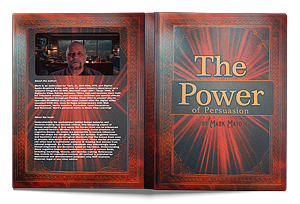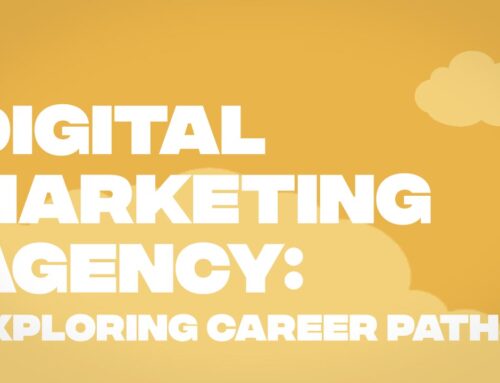Embarking on a journey to become a digital marketer can be both exciting and overwhelming. The digital marketing landscape is vast, encompassing a wide range of skills and platforms, constantly evolving to keep up with technological advancements and changing consumer behavior. As a result, aspiring digital marketers often find themselves pondering how long it takes to become proficient in this dynamic field. The answer, however, is not a simple one. It depends on various factors such as individual dedication, learning pace, previous experience, and the specific area of digital marketing in which one chooses to specialize.
This comprehensive article aims to provide insights into the key aspects of becoming a digital marketer, the time commitment involved in learning the necessary skills, and the milestones one may expect to encounter along the way. We will discuss the educational and training opportunities available, including formal education, professional certifications, online courses, and bootcamps. Additionally, we will explore the importance of gaining practical experience through internships, entry-level positions, and freelancing. We will also delve into the critical aspect of continuous learning and staying up-to-date with industry trends.
Furthermore, we will examine the development of a well-rounded digital marketing skillset, highlighting core competencies such as search engine optimization (SEO), search engine marketing (SEM), social media marketing, email marketing, content marketing, and analytics and reporting. Each of these areas requires a different set of skills and knowledge, which may affect the overall time it takes to become proficient in digital marketing.
We will provide a general overview of the time it takes to become a digital marketer, emphasizing that the journey is unique to each individual. While it may take a few months to a few years to develop the necessary skills and experience, the key to success in digital marketing lies in staying current with industry trends, continuously refining one’s skillset, and embracing a mindset of lifelong learning.
Education and Training
Formal Education
- Bachelor’s Degree
- 3 to 4 years of study
- Degrees in marketing, communications, or related fields
- Provides foundational knowledge in marketing principles
Professional Certifications
- Variable duration (weeks to months)
- Google Ads, Google Analytics, HubSpot, Facebook Blueprint, etc.
- Enhances credibility and demonstrates expertise in specific platforms or skills
Online Courses and Bootcamps
- 3 to 6 months, depending on the program
- Intensive courses focusing on digital marketing skills
- Covers various topics such as SEO, SEM, email marketing, and social media
Gaining Experience
Internships and Entry-Level Positions
- 3 to 6 months, or longer
- Offers hands-on experience and networking opportunities
- Helps build a portfolio and showcase skills to potential employers
Freelancing
- Timeframe varies based on the individual
- Develops skills through real-world projects
- Increases flexibility and income potential
Continuous Learning
- Ongoing process
- Staying updated on industry trends and best practices
- Attending workshops, conferences, and webinars
Developing a Digital Marketing Skillset
Core Skills
- SEO (Search Engine Optimization)
- Keyword research
- On-page and off-page optimization
- Technical SEO
- SEM (Search Engine Marketing)
- Google Ads
- PPC (Pay-Per-Click) campaigns
- Landing page optimization
- Social Media Marketing
- Content creation and curation
- Social media platform management
- Paid advertising
- Email Marketing
- List building and segmentation
- Campaign planning and execution
- Analytics and optimization
- Content Marketing
- Copywriting
- Blogging
- Video and podcast production
- Analytics and Reporting
- Google Analytics
- Data analysis
- KPI tracking and reporting
Final Thoughts
The time it takes to become a digital marketer varies depending on the individual’s background, dedication, and learning pace. With a combination of formal education, professional certifications, practical experience, and continuous learning, aspiring digital marketers can expect to spend anywhere from a few months to a few years developing their skills. Ultimately, the key to success in digital marketing is staying up-to-date with industry trends and continuously refining one’s skillset.










